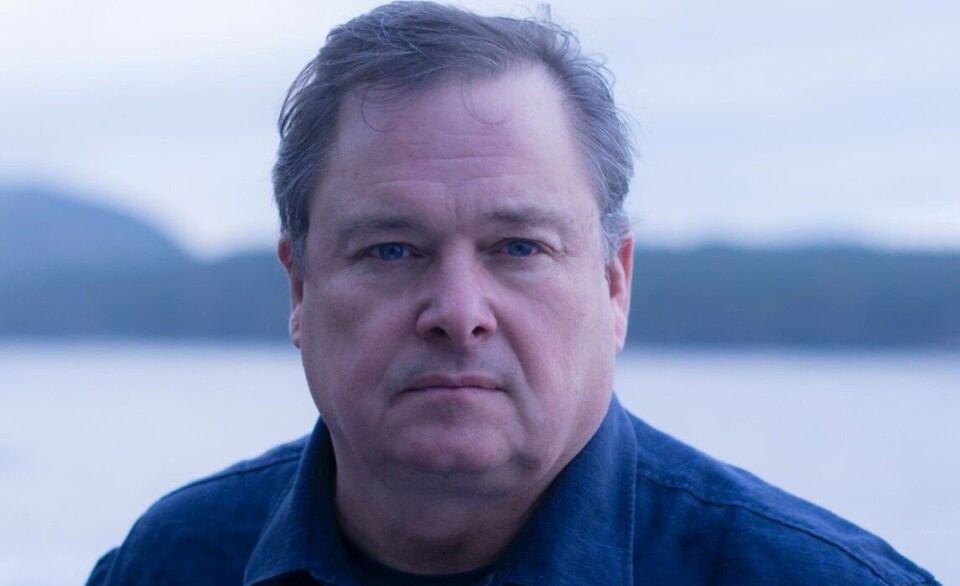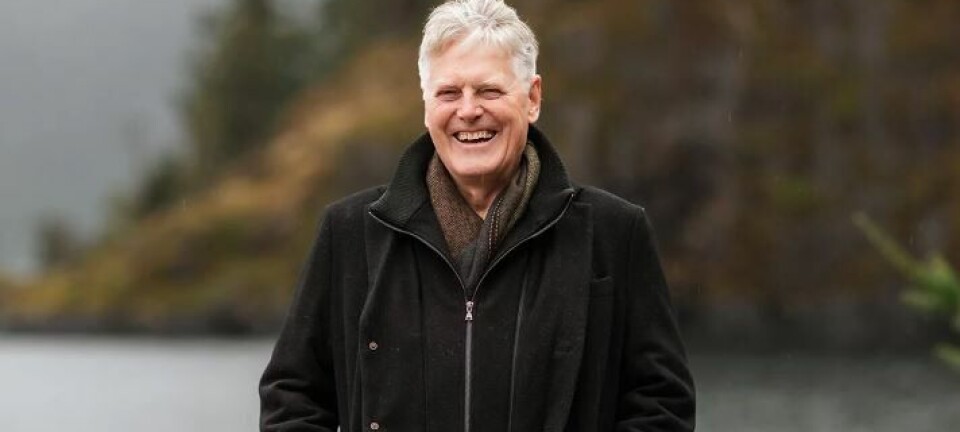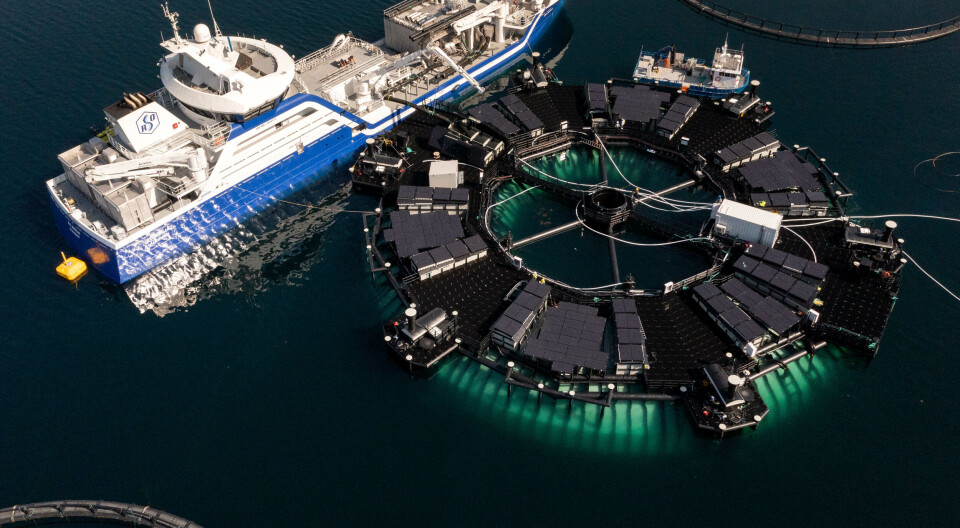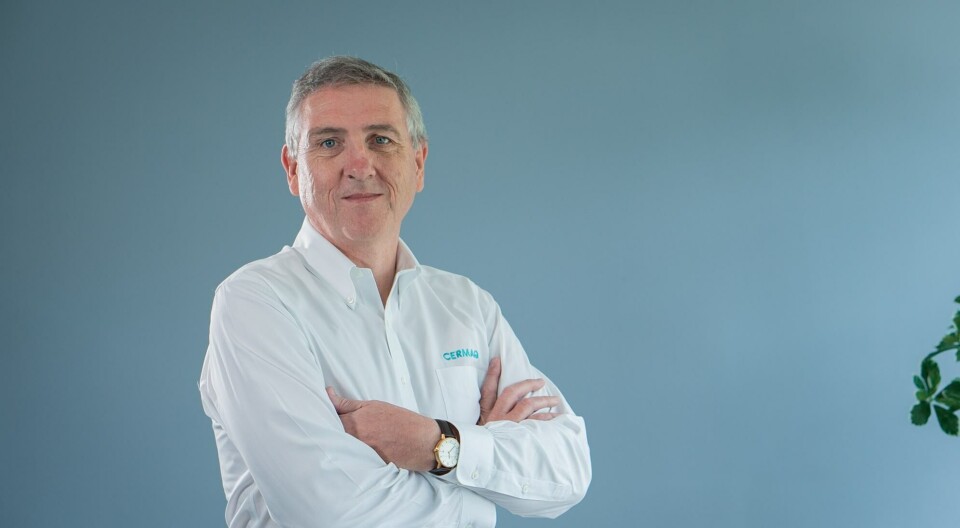
Government misses deadline for Transition plan as clocks ticks for BC salmon sector
Salmon farmers in British Columbia have said they are disappointed and concerned that the release of a draft Transition Framework from the Canadian government’s Department of Fisheries and Oceans (DFO) has been delayed.
The delay follows the DFO’s announcement on June 19 that open net pen salmon farms in the province would be given a final five-year licence renewal, valid from July 1, 2024, as part of a plan to transition to other methods of fish farming.
The DFO said that after July 1, 2024, only marine or land-based closed-containment systems would be considered for salmon aquaculture licences in coastal BC and that a draft salmon aquaculture transition plan would be released by the end of July.
Release delayed
However, the BC Salmon Farmers’ Association (BCSFA) today said salmon farming licence holders were informed of a delay to the release earlier this week. They were told the delay could push the release to September 2024.
“The rural coastal communities and employees who rely on salmon farming have been in a constant state of uncertainty since 2019 when the transition commitment was first announced,” said BCSFA executive director Brian Kingzett.
“The ongoing delays and decisions made by the federal government continue to cause concern and stress on these families and communities as they do not know what the future holds for them.”
The BCSFA said the “unrealistic timeline” for full transition announced by the DFO in June 19 undermines the federal government’s commitment to science-based decision-making, restoration of wild salmon populations, support for UNDRIP and rural coastal communities, growth of Canada's Blue Economy, increased food security, and support for young Canadians.
Unrealistic timeline
“Our sector has worked tirelessly over the past few years and submitted thousands of pages of documentation to the federal government to show our commitment to this process. The federal government knew that the five-year timeline to transition to closed containment or land-based was unrealistic, and the delay in releasing the draft Transition Framework will further inhibit our sector’s ability to meet the already demanding timeline set by DFO,” said Kingzett.
The BCSFA said that despite this ongoing challenge, the sector will persist in fighting for its communities and finding a responsible, realistic, and achievable path forward. It remains hopeful the federal government’s draft transition framework will provide that opportunity.
A DFO spokesperson told Fish Farming Expert that First Nations and stakeholders had been made aware of the delay to the Transition Framework, and that the Canadian government remains committed to releasing the draft plan as soon as possible.
“Implementing this transition is a whole-of-government effort that the Government of Canada takes very seriously. We are dedicated to engaging with First Nations and industry stakeholders throughout the process to ensure that the transition plan is effective and supports sustainability and reconciliation.”

























































